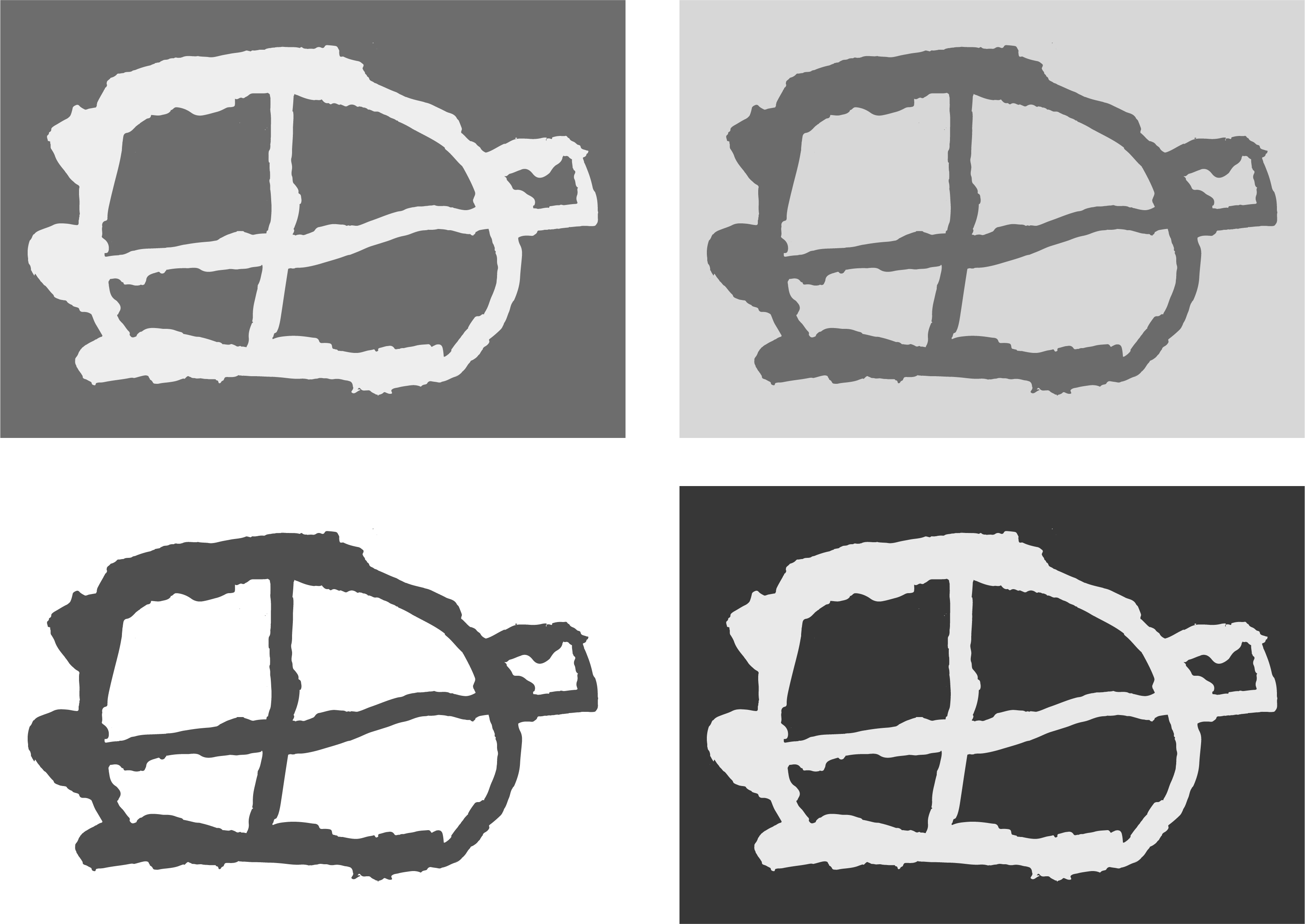Zurich Cross Option Agreement: Understanding the Benefits and Risks
If you are a business owner or investor, chances are that you have come across the term Zurich Cross Option Agreement. This is a legal document that outlines the terms and conditions of a business purchase agreement, especially between shareholders of a company. In this article, we will be exploring the key benefits and risks associated with this agreement.
What is a Zurich Cross Option Agreement?
A Zurich Cross Option Agreement is a type of shareholder agreement that is used to govern the sale or transfer of shares in a company. It is named after the city of Zurich in Switzerland, where it was first used in the early 20th century. In essence, this agreement allows the shareholders of a company to buy or sell their shares in specific circumstances.
How Does it Work?
The Zurich Cross Option Agreement works in the following way:
1. The agreement is entered into by the shareholders of a company.
2. This agreement specifies that in the event of a shareholder`s death, disability, or any other triggering event, the remaining shareholders have the right to buy the shares of the deceased or disabled shareholder.
3. Likewise, the agreement also allows the deceased or disabled shareholder`s estate to sell their shares to the remaining shareholders.
4. This process is typically governed by a set of predefined rules and formulas, which helps determine the value of the shares.
Benefits of a Zurich Cross Option Agreement
1. Provides a mechanism for business continuity: The Zurich Cross Option Agreement ensures that the remaining shareholders have a way to acquire the shares of a deceased or disabled shareholder. This helps ensure business continuity and prevents any disruption to the operations of the company.
2. Protects the interests of shareholders: This agreement also helps protect the interests of the shareholders. In the absence of such an agreement, the estate of a deceased shareholder may be forced to sell their shares to an outside buyer, who may not be aligned with the interests of the remaining shareholders.
3. Facilitates estate planning: For shareholders who have a significant stake in a company, the Zurich Cross Option Agreement can help with their estate planning. By providing a predetermined method for selling their shares, shareholders can ensure that their estate receives fair value for their shares.
Risks of a Zurich Cross Option Agreement
1. Potential for disputes: In some cases, the Zurich Cross Option Agreement can lead to disputes between shareholders. This is due to the complexity of the agreement, as well as differences in the valuation of shares.
2. Limited flexibility: The terms of the Zurich Cross Option Agreement are typically fixed, which can limit the ability of shareholders to respond to changing circumstances.
3. Cost: The legal and administrative costs associated with entering into a Zurich Cross Option Agreement can be significant, which may make it less attractive for smaller companies.
Conclusion
Overall, the Zurich Cross Option Agreement is a useful tool for business owners and investors. It provides a mechanism for business continuity, protects the interests of shareholders, and can facilitate estate planning. However, it is important to be aware of the potential risks associated with this agreement, such as disputes and limited flexibility. As always, it is recommended that you consult with legal and financial experts before entering into any major agreements.
